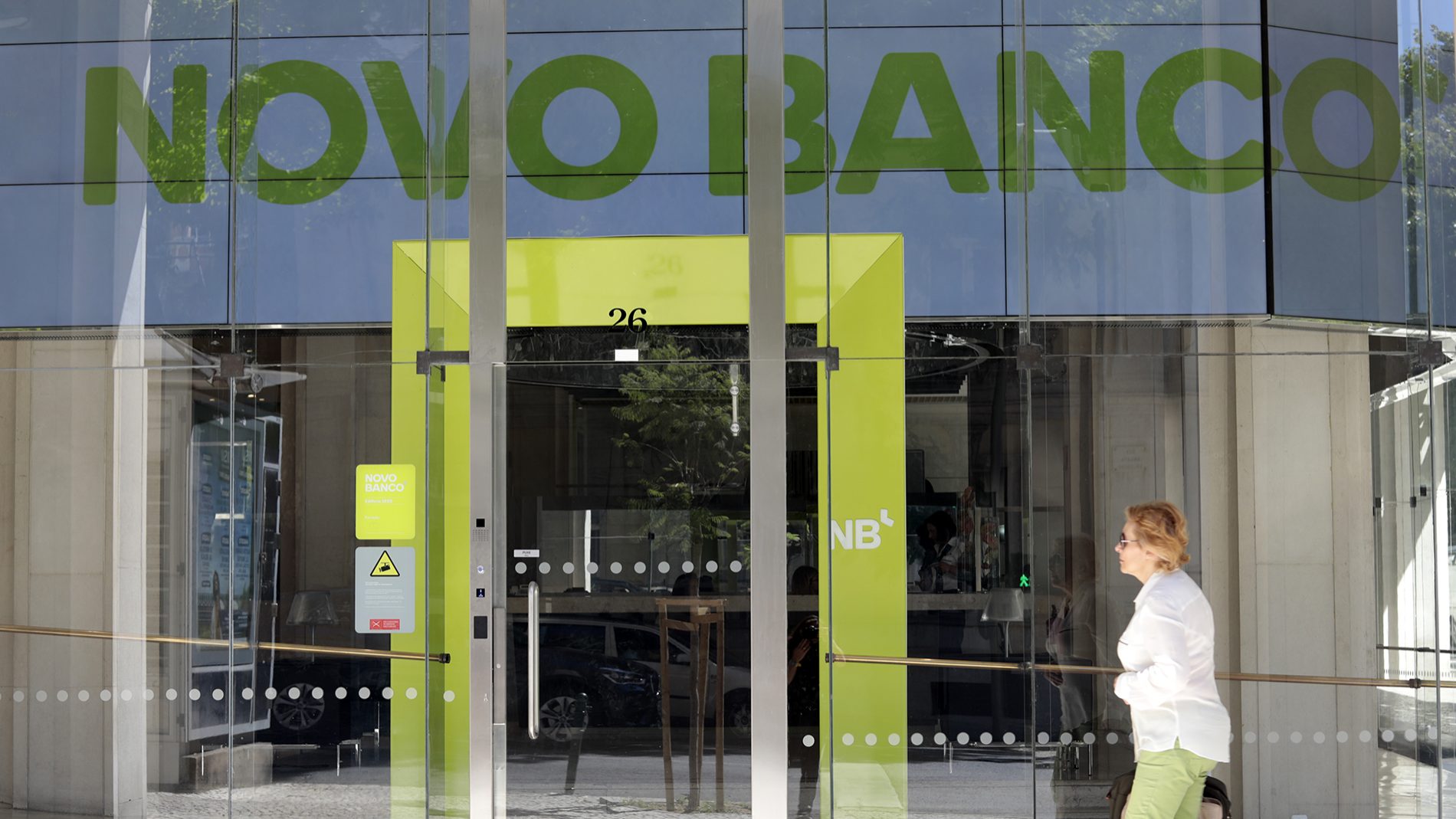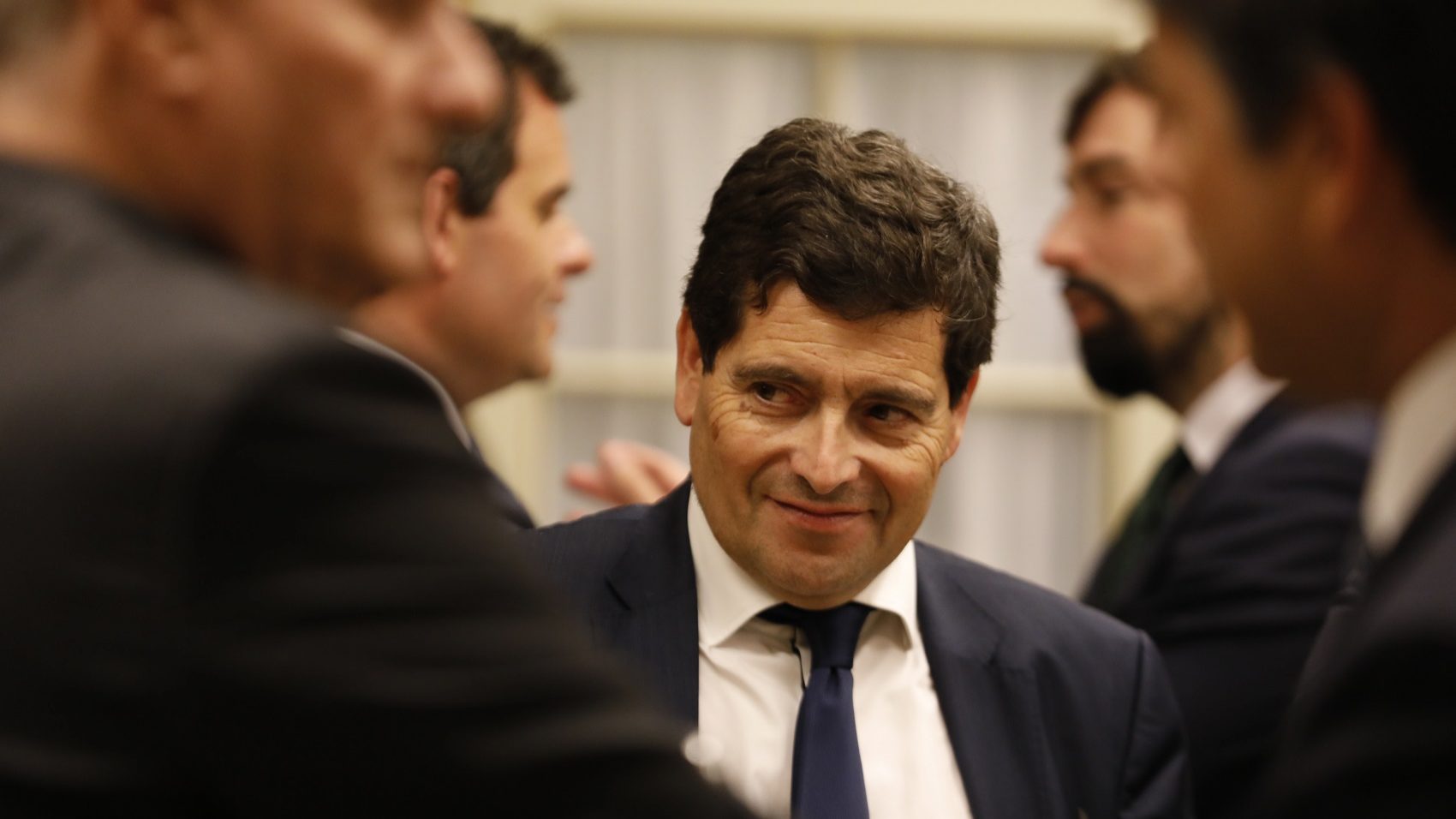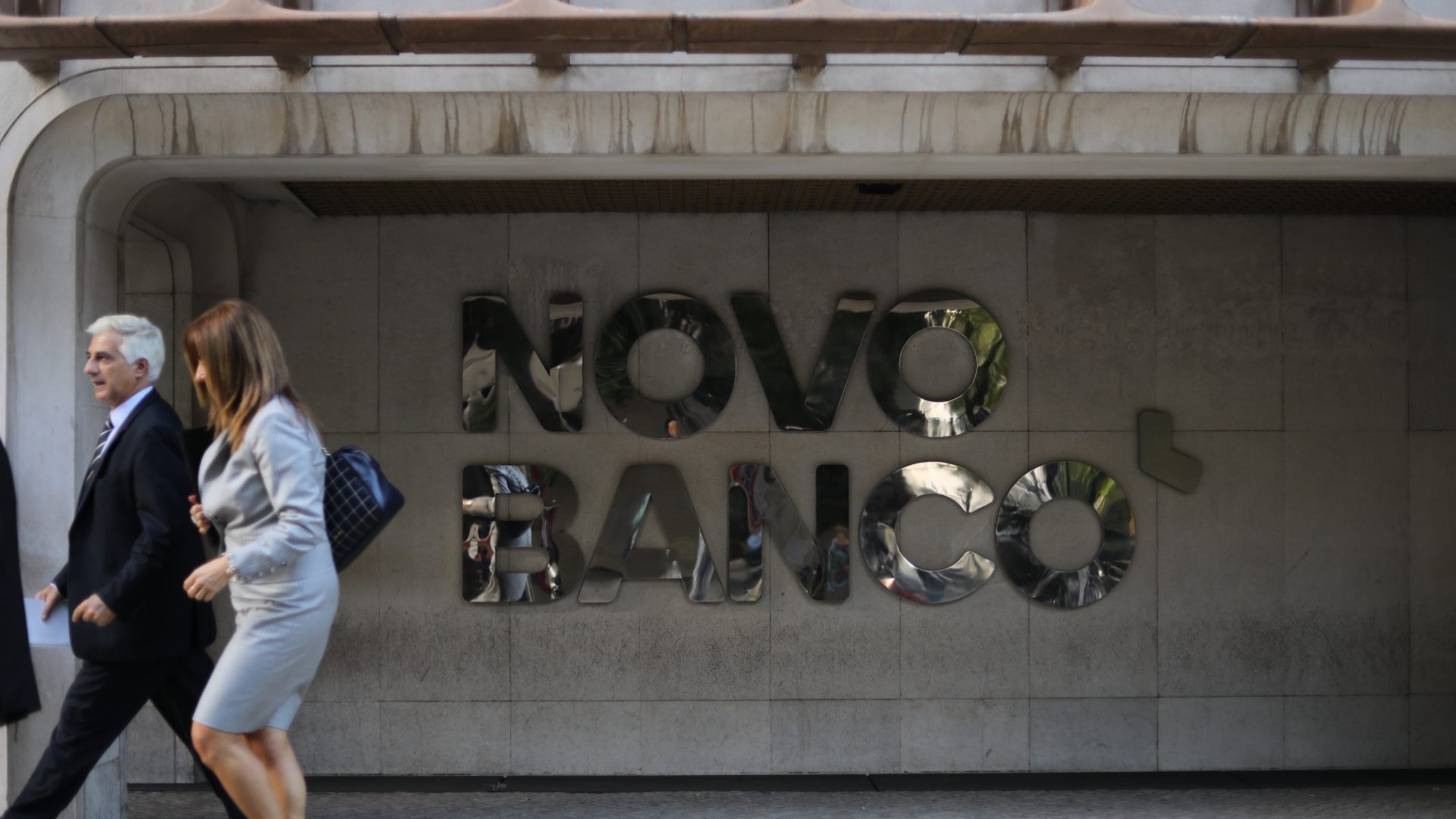Risking Novo Banco would be “total disaster” – Resolution Fund
The president of the Resolution Fund said that it would be a "total disaster" if Novo Banco were put at risk.
The president of the Resolution Fund and deputy governor of the Bank of Portugal said on Wednesday in parliament that it would be a “total disaster” if Novo Banco were put at risk and said he believed in a resolution to the problem.
“What would be more wrong was if, when we got here, we did anything that put Novo Banco at risk, that was the total disaster. If for any reason the bank now suffered tremendous damage was to deny the whole course and create financial stability on top of a crisis that we have, I believe the problems will be solved,” said Máximo dos Santos, who is being heard today as president of the Resolution Fund by members of the Budget and Finance Committee, but noting that he made these statements mainly as deputy governor of the Bank of Portugal.
The Bank Resolution Fund, besides owning 25% of Novo Banco, is the entity responsible for the capital injections in the bank, under the agreement made in 2017 in the sale of 75% of the financial institution to the US investment fund Lone Star.
This agreement foresees that, through a contingent mechanism, the fund will cover the bank’s losses from toxic assets which it inherited from BES up to €3.89 billion. So far, €2.976 billion have been injected (of which €2.13 billion have come from Treasury loans) and another €900 million could still be transferred in the coming years.
Novo Banco has become one of the ‘hot’ topics of the 2021 state budget negotiations.
On 4 September, the Left Bloc coordinator left a clear message in Viseu in the first initiative of the party’s ‘rentrée’: “There can’t be a penny” in the 2021 state budget for “Novo Banco’s demands,” she said.
In an interview with Expresso this weekend, Catarina Martins even made the budget feasible by the end of the transfers to the Novo Banco and an audit by public institutions.
The problem is that without these public loans or any other solution that can be found (in the case of a bank loan that is being discussed between the main Portuguese banks and the government), the Resolution Fund does not have enough revenues (the main ones being the periodic contributions from the banks) to help with the injection of capital into Novo Banco.
According to information obtained by Lusa, the banks have been considering a possible loan to the Resolution Fund, but with many cautions, either about the credit conditions, the impact of this solution on their accounts, or who the contributors would be.
Last year, the president of the BCP, Miguel Maya, publicly advocated that branches of financial institutions in Portugal also pay into the Resolution Fund, considering that there is a great competitive disadvantage for Portuguese banks.
Last week, BCP announced that it had dropped the lawsuit in the General Court of the European Union in which it wanted “partial annulment” of the contingent mechanism, but left a message: “BCP maintains the legitimate expectation that a financing model for the National Resolution Fund will be found that, without penalizing Portuguese taxpayers, will safeguard fair competition and the competitiveness of the various financial institutions operating in the Portuguese market,” he said in a statement to the market.
However, even if the state does not lend money to the Resolution Fund, the capital injections into Novo Banco should continue to count towards the deficit, since this entity is within the perimeter of the public administration.
Also at today’s hearing in the Budget and Finance Committee, in response to the PSD, Máximo dos Santos said that bank branches cannot make direct contributions to the financing of the Resolution Fund under European law, but admitted new taxes that contribute to financing the fund.
“Why don’t branches contribute to the direct contributions? They can’t in terms of European law if they weren’t paying to the National Resolution Fund of the country where they have their headquarters, to the Single Resolution Fund at European level and to the fund where they have the branch”, said Máximo dos Santos.
However, he added, “it is possible to consider tax figures who may have a contribution here, but not those direct contributions.”


